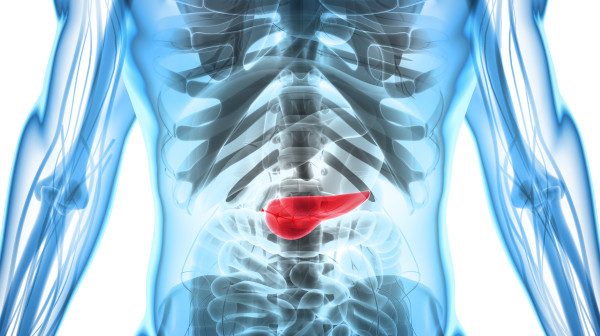Unless you’ve experienced pancreatitis, you may not know much about your pancreas. This gland plays a big role in digestion and controls blood sugar, so you can’t help but notice when it’s on the fritz.
Whether you have dealt with pancreatitis in the past or not, you can’t simply ignore this condition and hope it never comes up.
Here are a few things you should know about pancreatitis and whether you can prevent it:
What is pancreatitis?
Pancreatitis involves inflammation of the pancreas, resulting in pain, nausea, fever and other symptoms. Acute pancreatitis may last for several days before the patient recovers. However, the condition can become chronic, causing permanent damage to the pancreas. This damage may result in malnutrition and diabetes.
What causes pancreatitis?
The most common causes of pancreatitis are gallstones and excessive alcohol consumption. It can also be caused by heredity, infections, obesity or an injury. Gallstones are often the cause of acute pancreatitis, which occurs when the stones block the bile duct. Chronic pancreatitis, on the other hand, is commonly caused by drinking a lot of alcohol. Sometimes, however, there may be no discernible cause of the condition.
Pancreatitis treatment
Medication is not usually used to treat pancreatitis, but seeing a doctor right away is still vital to avoid organ failure. A patient may be hospitalized for supportive treatment, which involves giving fluids and providing adequate nutrition at the appropriate time. Pain relief may also be necessary, and any underlying issues like gallstones must be addressed as well. If needed, a doctor may remove gallstones to treat pancreatitis.
What foods should I avoid?
Eating the right foods is important for people living with chronic pancreatitis. This condition can make it difficult for the body to absorb nutrients, so patients should focus on a diet high in them. Lots of fruits and vegetables, whole grains, and lean proteins are beneficial. On the other hand, foods high in sugar or fat make your pancreas work harder and should be avoided. People who have had acute pancreatitis should also focus on a healthy diet during and after recovery to make it easy on their pancreas. A healthy diet consisting of several small meals is easier for the pancreas. Alcohol should also be avoided.
“Pancreatitis can be a painful and even deadly condition, especially for the elderly,” says Sarah Hilton, a registered nurse and director of healthcare advisory services at Osmond Marketing. “It is important to take preventative measures if you are at risk for pancreatitis and get treated right away if you have symptoms.”
A healthy diet can go a long way when you are trying to keep your pancreas healthy. If you have pancreatitis, be sure to talk to your doctor about the root cause and what you can do to avoid another bout of this scary illness.
A version of this article was published by The Daily Herald. It has been republished here with permission.




